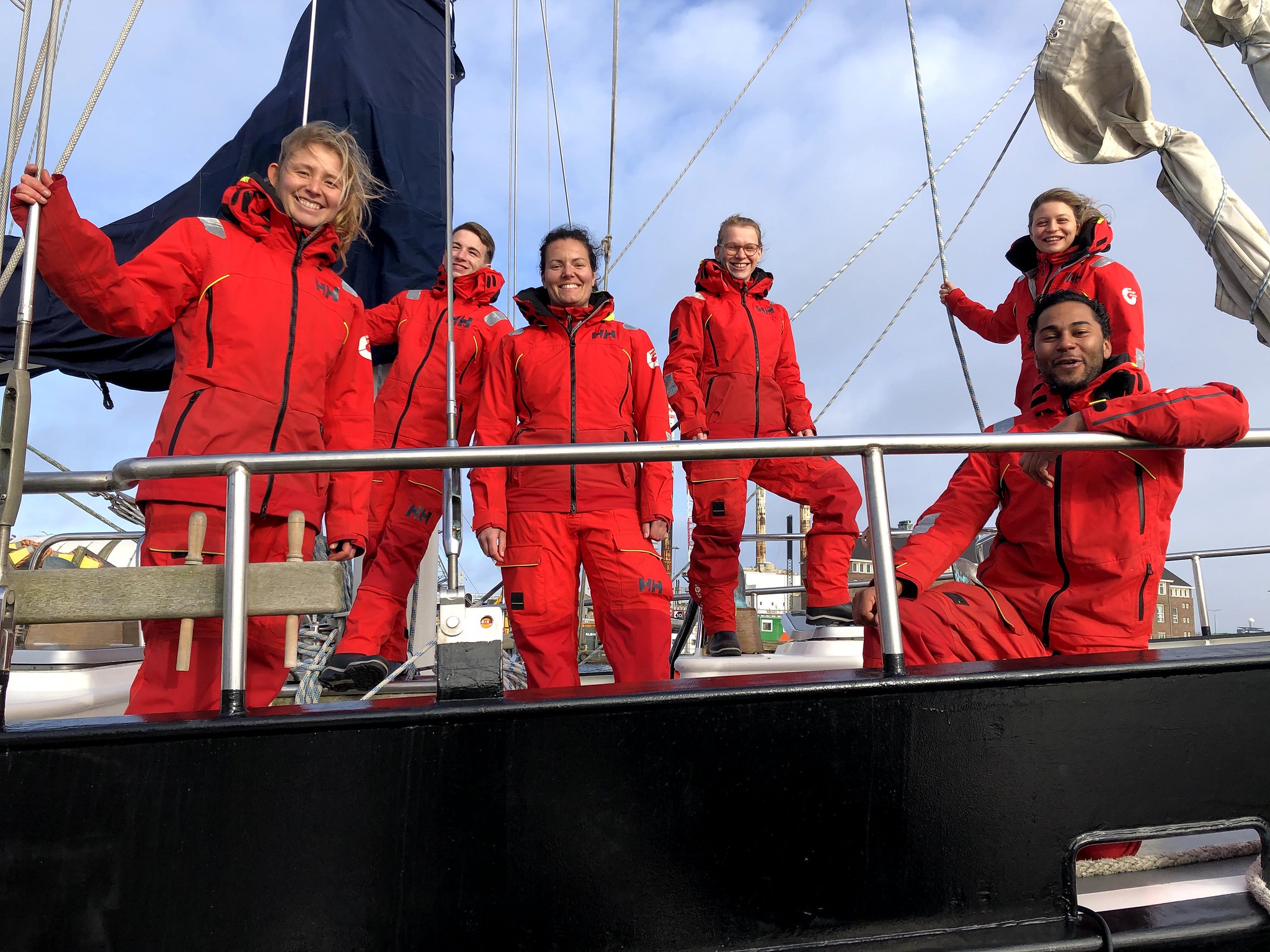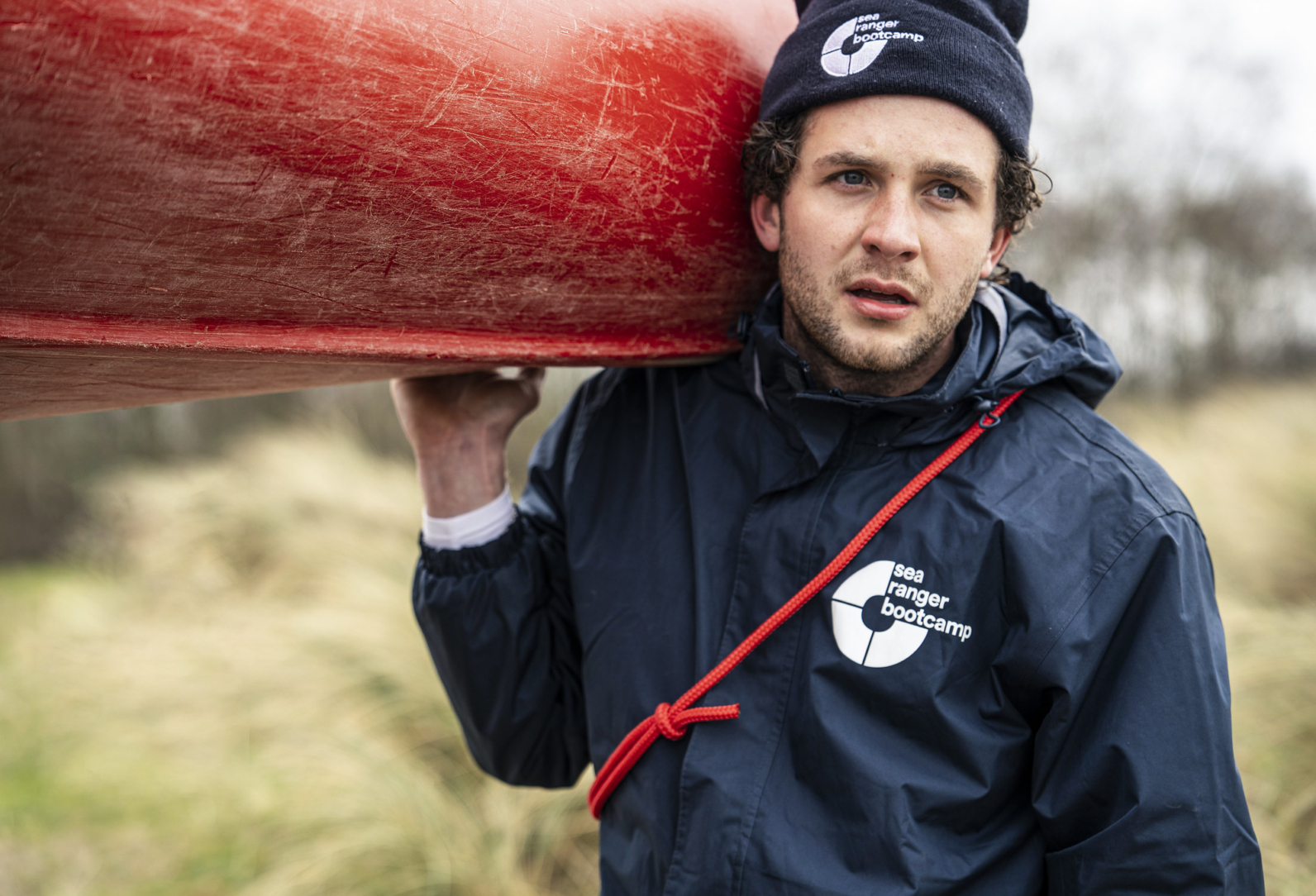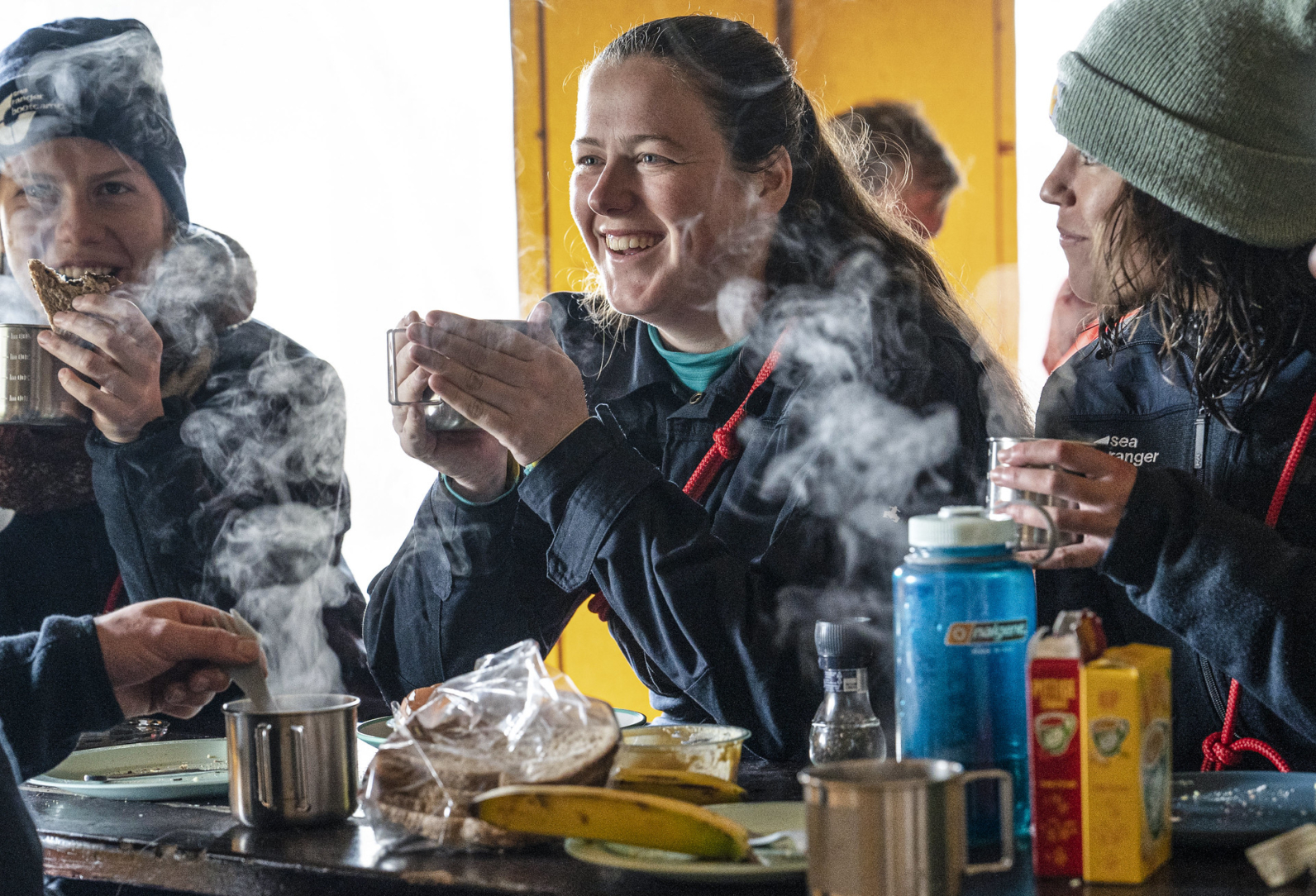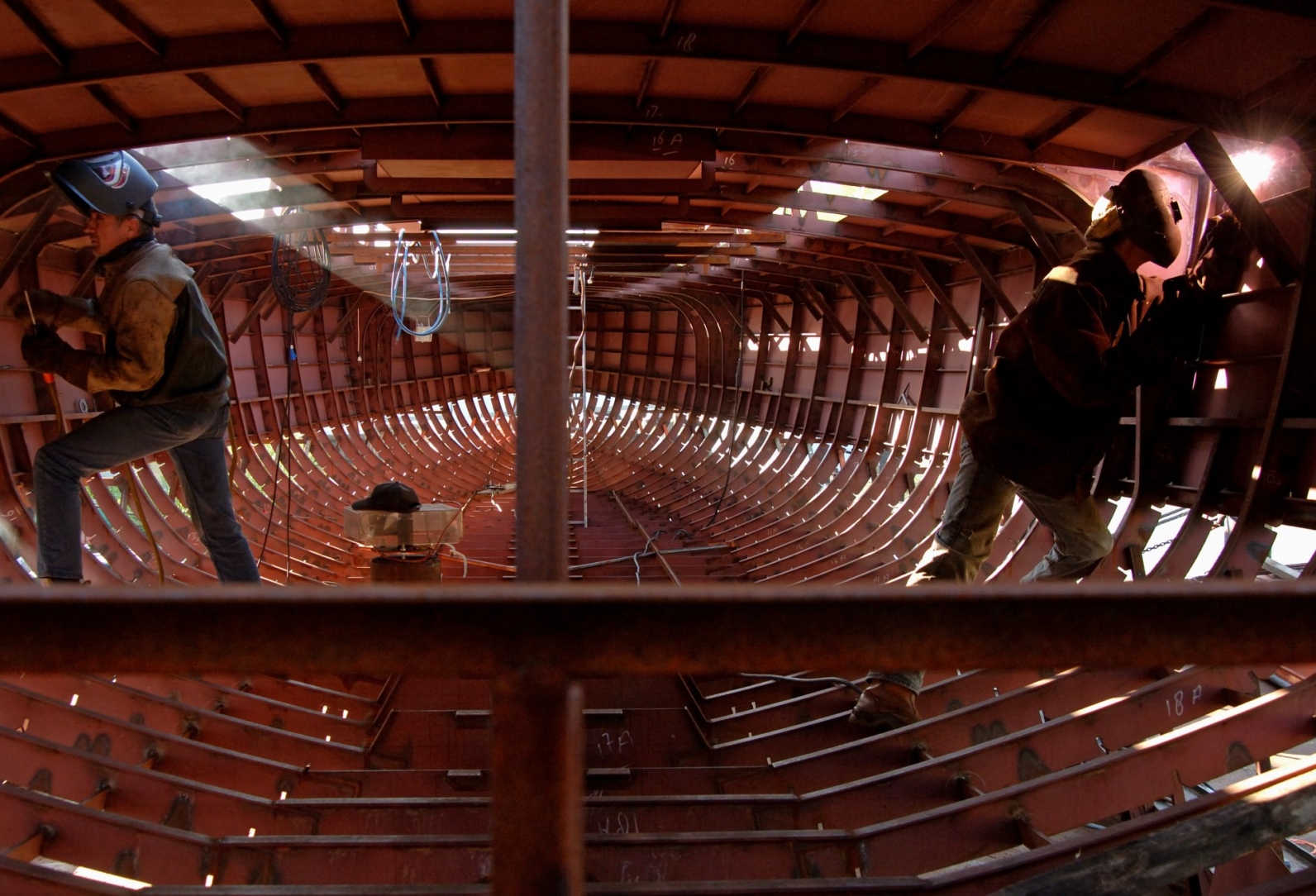Is it time to train a generation of British sailors to fight climate change on the high seas?
In the Great Depression, US President Roosevelt founded the Civilian Conservative Corps in 1933 which oversaw the mobilisation of three million men to plant billions of trees, construct 800 US national parks and fisheries, and restore river systems.
The US Army led these men into nature as they performed the largest-scale restoration event in human history. Equipped with technical skills they returned home and revitalised local communities creating economic prosperity across a poverty-stricken society.
The Dutch-founded conservation and social change organisation Sea Ranger Service (SRS) is bringing this vision to the modern era training underprivileged youths in deprived port cities across Europe.
While Britain has seen large increases in degree and postgraduate degree holders in recent years, many industries have been left with skilled labour shortages. SRS identified this lack of capacity and combines it with the needs of coastal communities with poor job prospects to create lasting social impacts.
“Think of this island nation and its maritime heritage. It’s so rich in its history. If you think of Grimsby for example, it was one of the biggest fishing ports in Europe. It was a really rich community. There was wealth and then there was change. The mechanisation of the processes in ports. Fish processing became cheaper overseas.” Says SRS Founder and CEO Wietse van der Werf.
It is not just coastal communities in need of intervention. There are currently over 17,000 areas of ocean designated for protection across the globe. Research shows only 0.6% of these regions are sufficiently protected.
“I worked as an engineer on research ships going to Antarctica, worked on fisheries issues undercover to help investigate illegal fishing. I’ve seen that while there is the notion of increased protection for the ocean in reality a lot of that protection is primarily on paper.” Says Wietse.
With research revealing the potential economic benefits of marine conservation, SRS is looking to use this incentive to raise funds across Europe.
“Except for starting an airline or going out into space, to have ships and go out to sea is one of the most expensive things you can do.” Says Wietse.
Recruits do not require any previous education and SRS is often the first place many encounter maritime life and the possibility of a career. If they complete the highly structured one-week boot camp they can be employed full-time by SRS and receive another year of additional training involving climate research, seagrass restoration and testing water quality. Upon reaching 180 ‘Sea Days’ recruits receive a rating deck sailing endorsement – a qualification which allows individuals to work on ships.
A key area of focus for SRS has been seagrass restoration in the Netherlands and France. As the only flowering plant that grows in a marine environment, it is crucial for biodiversity and acts as an important source of carbon sequestration.
We asked Wietse what it’s like being out at sea for long stretches of time. “This question makes me smile because it is spellbound. It is absolutely on the one hand incredible, and on the other hand incredibly challenging at the same time.”
He has worked in Antarctic weather systems larger than England which take weeks to get through as there is no land mass to break them up. “There are extremely tough days and you are in a little tin bobbing around on the ocean. You are part of a team and as an engineer, I had my role. It is a microcosm of society. There is so much beauty, freedom and purpose.”
Having come to Britain SRS is currently looking to replicate its success in Grimsby, Portsmouth and Port Talbot.




